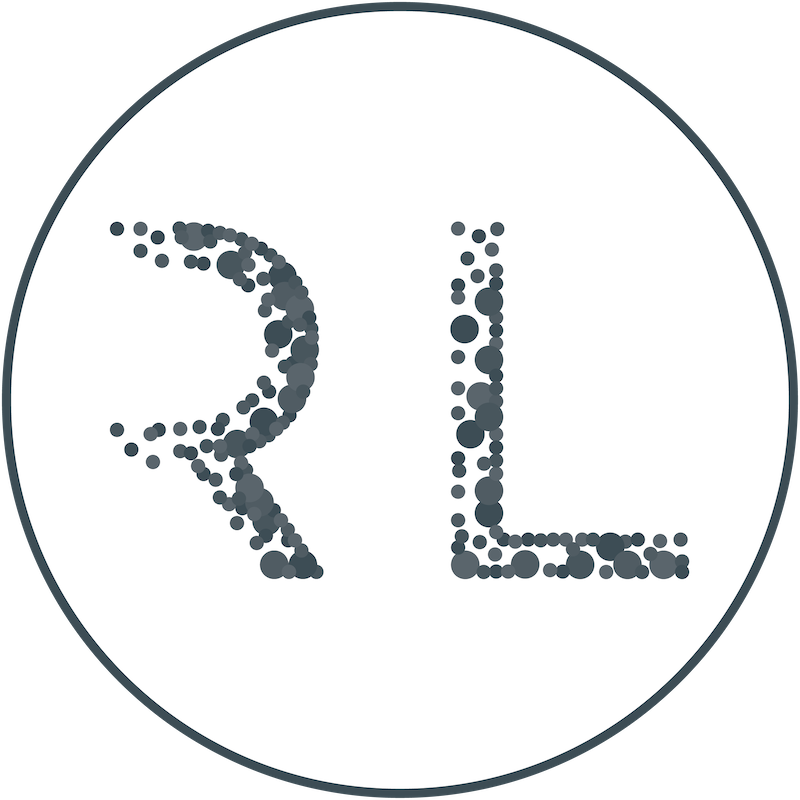By Adrian Thomas, Global Director of Recruitment
The talent landscape is evolving faster than ever. In 2025, Talent Acquisition (TA) professionals are facing heightened competition for top talent, changing workforce dynamics, and unprecedented technological advancements. To stay ahead, it’s critical for recruiters to hone a mix of technical, analytical, and human-centric skills. Here's what will define success in the near future:
1. Mastery of Data-Driven Decision Making
In 2025, data is not just a tool; it’s the foundation of effective recruitment. TA professionals must move beyond traditional metrics like time-to-fill or cost-per-hire and dive into predictive analytics. Using labour market data, recruiters can identify emerging skills trends, predict hiring needs, and benchmark compensation against competitors. For instance, platforms like LinkedIn Talent Insights or proprietary HR analytics tools will
provide granular details on where talent pools are growing, skills that are becoming obsolete, and industries undergoing transformation. Recruiters who can interpret and act on this data will be the ones delivering strategic value to their organisations.
Key takeaway: Develop skills in data visualisation, storytelling with analytics, and tools like Tableau, Power BI, or even coding languages like Python for deeper labour market analysis. Even better budget for headcount within your team that has this expertise.
2. Strong Labour Market Intelligence (LMI)
Understanding global and local labour market dynamics will be a game-changer. As economies adapt to shifts like remote work and automation, knowing where and how to target talent becomes critical. For example, identifying untapped talent in secondary cities or adapting hiring strategies for specific industries based on macroeconomic conditions could save costs and reduce time-to-hire.
In 2025, TA professionals will also need to keep pace with regulation changes, such as evolving labour laws or visa policies, and proactively adjust sourcing strategies. This requires staying attuned to both qualitative insights and hard data.
Key takeaway: Invest time in developing expertise in regional labour trends, government reports, and economic forecasts to guide hiring decisions.
3. Proficiency with Recruitment Technology
From AI-powered resume screening to automated sourcing platforms, technology is revolutionising recruitment workflows. Recruiters must not only embrace these tools but also understand their limitations and ethical considerations. This includes using AI responsibly to reduce bias and ensure a human touch remains at the core of the hiring process.
In 2025, success will also mean leveraging CRM tools and Applicant Tracking Systems (ATS) effectively, optimising recruitment pipelines, and maintaining a seamless candidate experience through technology.
Key takeaway: Upskill in using the latest recruitment tools, while balancing automation with genuine engagement to build meaningful connections with candidates.
4. Elevated Soft Skills
While technology and data will dominate recruitment strategies, soft skills will remain irreplaceable. Empathy, adaptability, and storytelling are pivotal for building relationships with candidates and stakeholders. In an era where employee value propositions (EVPs) matter more than ever, recruiters must craft compelling narratives to showcase their organisations as employers of choice.
Key takeaway: Focus on honing communication, relationship-building, and negotiation skills to complement technical proficiencies.
5. Collaboration and Stakeholder Management
Talent acquisition in 2025 will be highly integrated into business strategy. The lines between talent acquisition, talent management, learning and development will become increasing blurred or even merged. Recruiters must act as strategic advisors, working closely with hiring managers, HR teams, and C-suite executives. Success will require understanding business goals, workforce planning, and aligning recruitment efforts to meet long-term objectives.
Key takeaway: Build trust with stakeholders through consistent, data-backed insights and proactive communication.
The Road Ahead
By 2025, the best Talent Acquisition professionals will be those who seamlessly blend the power of data with the art of human connection. It’s not just about filling roles, it’s about shaping the future of work through strategic talent decisions.
If you’re a recruiter looking to stay ahead, start now. Embrace lifelong learning, stay curious, and lean into the tools and trends reshaping the world of work. The future of recruitment is exciting, and it’s yours to shape
